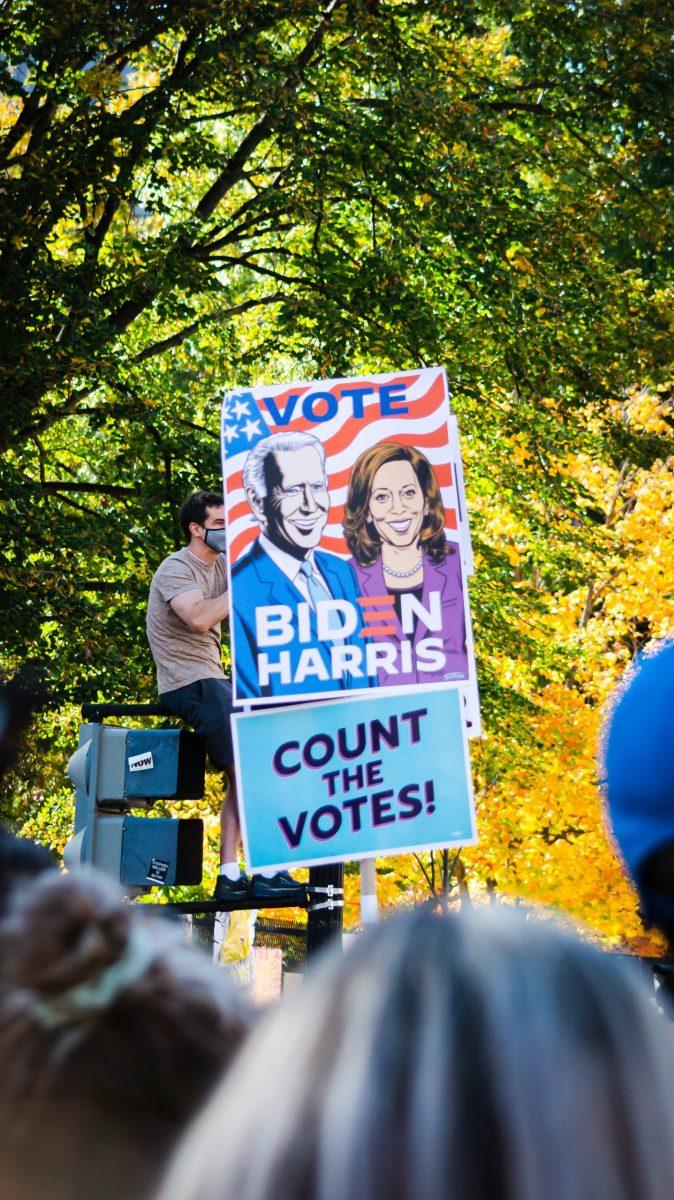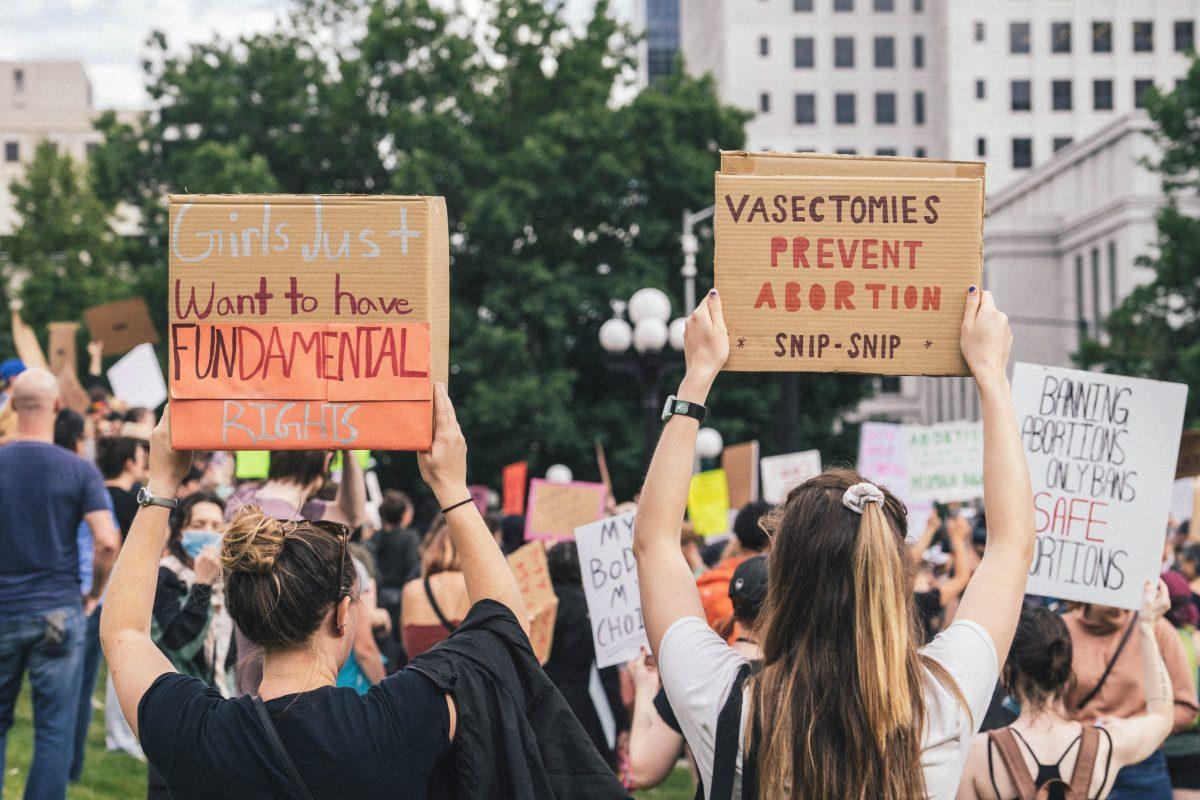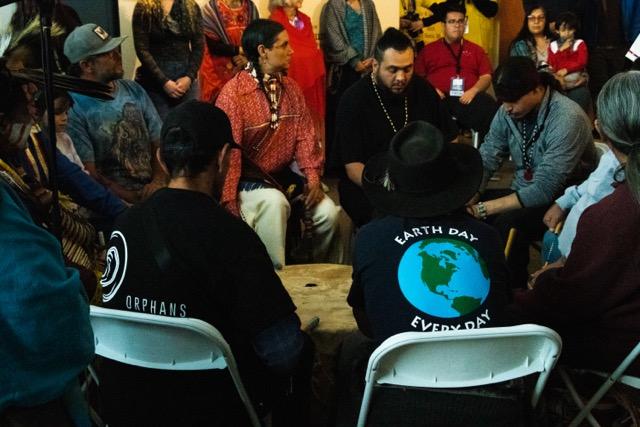By Victoria Jimenez
The Office of Diversity and Inclusion continued Black History Month recognition with students at Colorado State University-Pueblo with their viewing of “13th,” a documentary focused on the racial inequality of the U.S. prison system.
Directed by Ava DuVernay, this 2016 documentary discussed the history of the U.S. prison system and its connection to slavery, the 13th Amendment, and systematic punishment toward minorities in the U.S. implemented by the government and large corporations.
Ulf Kjell Gür, an internet movie database writer said, “The documentary touches on chattel slavery; D. W. Griffith’s film “The Birth of a Nation”; Emmett Till; the civil rights movement; the Civil Rights Act of 1964; Richard M. Nixon; and Ronald Reagan’s declaration of the war on drugs and much more.”
The title comes directly from the 13th Amendment of the U.S. Constitution, stating that “Neither slavery nor involuntary servitude, except as a punishment for crime whereof the party shall have been duly convicted, shall exist within the United States, or any place subject to their jurisdiction,” according to loc.gov.
The 13th Amendment was passed Jan. 31, 1865, and ratified Dec. 6, 1865. This piece of American legislation drew debate from scholars in the documentary.
Lincoln Anthony Blades in an article on TeenVogue.com said, “The film’s name is derived from the 13th Amendment to the Constitution, which effectively abolished slavery and involuntary servitude in America — but with one important caveat: a person can legally be enslaved if they commit a crime.”
Evidence provided in the documentary from interviews explained the direct effects of slavery on all different facets of life for colored people in Modern America.
In the documentary interview author of “The New Jim Crow” civil rights advocate Michelle Alexander said, “So many aspects of the old Jim Crow are suddenly legal again once you’ve been branded a felon. And so it seems that in America we haven’t so much ended racial caste, but simply redesigned it.”
While no open discussion occurred between the group after watching the documentary in full, students still felt strongly about the topic at hand.
ChyRae Proctor, a sophomore at CSU-Pueblo, said she found the documentary eye-opening. “I think you could do surveys to find out what people want to come see,” Proctor said.
BJ Hardy, a sophomore at CSU-Pueblo, said he enjoyed watching the documentary at this event.
“I think universities should require mandatory cultural classes that everyone should take,” Hardy said. “No matter what background someone is from, they all should take the time to learn about everybody.”
Hardy cited his response from his experience in the CSU-Pueblo Chicano studies class, where students learn in-depth about the stories of Chicano identity and further examine historical relevance.









